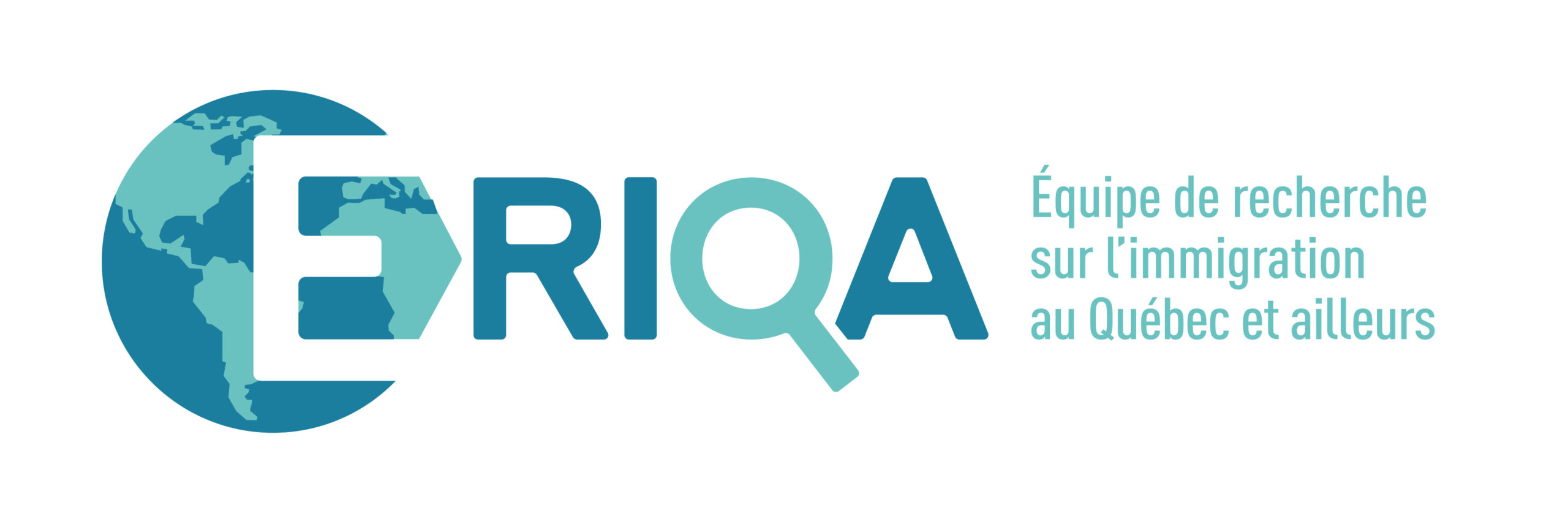

Municipal “sanctuary” policies in Canada, presented by the CSPI
The Center for the Study of Politics and Immigration (CSPI) is hosting a talk by Mireille Paquet, professor at Concordia University and immigration researcher. The event is free and open to all! La présentation se fera en anglais et sera suivie d’une période de questions et de discussion bilingue. For more information, please visit: https://www.concordia.ca/cuevents/artsci/cspi/2019/les-politiques-d-integration-des-provinces-canadiennes.html
In Canada and elsewhere, much attention has been paid to the normative arguments supporting the development of sanctuary policies, especially in the face of increasingly exclusive and criminalizing immigration policies. Because of the relative longer period of time of operation and of influence the influence of the new sanctuary movement in the United States, a growing body of work has developed to define, capture, explain and evaluate sanctuary policies. Most of this scholarship agrees on the challenge of defining sanctuary policies: their content varies according to specifies of local and national context, their consequences are highly variegated and, more broadly, no accepted comprehensive definition of the concept exist.
This presentation, based on a paper with Meghan Joy (Concordia), leaves aside normative consideration to instead explore what the complex and fraught engagement of Canadian municipalities with the notion of sanctuary telling us about urban governance and cities in Canada. To do so, Mireille asks: as of 2019, what is the best way to characterize Canadian municipalities’ actions often understood under the label of “sanctuary”? Recognizing implementation challenges and central limitations to urban actions towards immigration in Canada—as opposed to immigrant settlement and integration—she proposes to move away from the sanctuary label to instead describe these intervention as “localist access policies”. This label is based on the empirical analysis of the seven Canadian municipalities that have developed some actions to support non-status populations since 2013.
